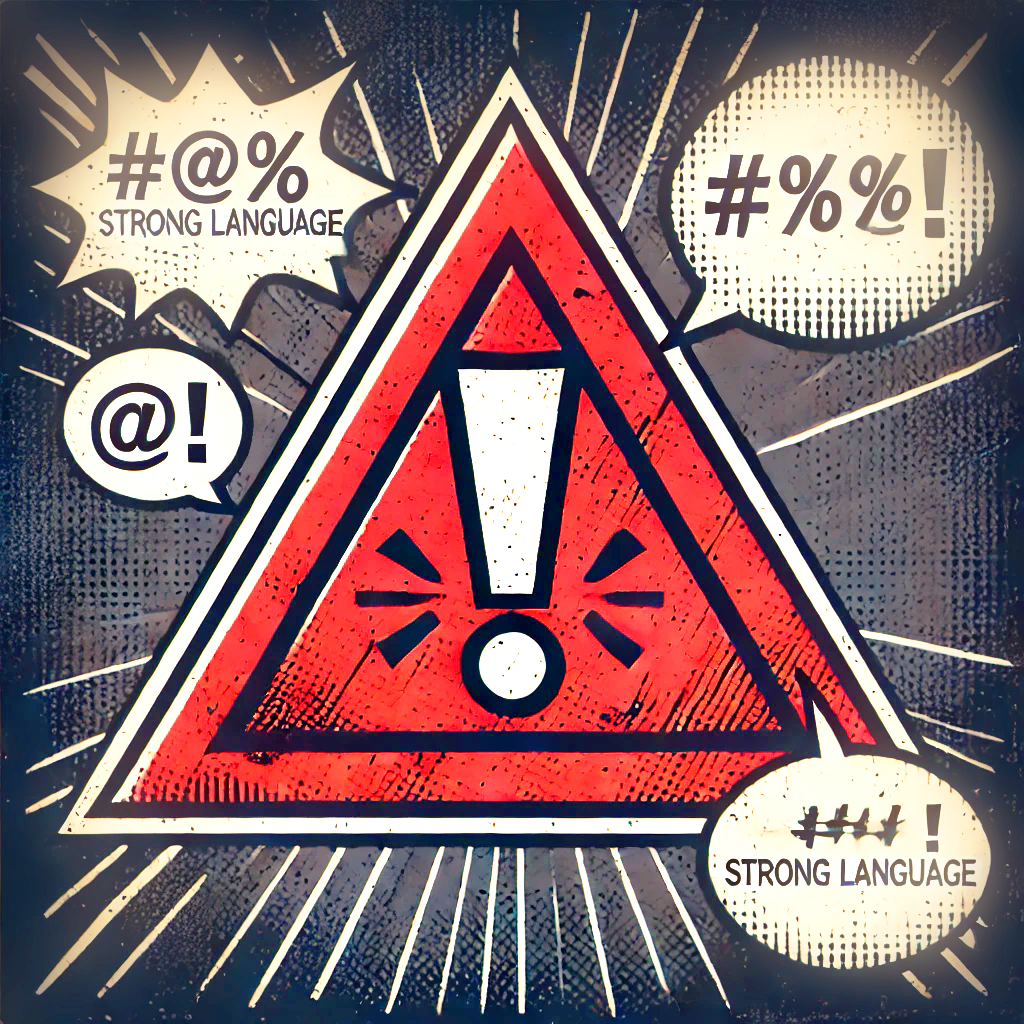It’s a common misconception that atheism equates to a lack of morality. This belief stems from the idea that ethical standards and moral behavior are inherently tied to religious doctrines. However, this viewpoint overlooks the complex, rich tapestry of ethical frameworks that atheists, agnostics, and secularists develop independently of religious influence. This blog post aims to demystify this misconception and delve into how atheists construct their ethics, drawing on various secular philosophies and life experiences.
How Atheists Approach Morality and Ethics

Atheism, devoid of religious scripture and divine commandments, often raises questions about the source of moral values and ethical guidelines. Yet, atheists navigate the realm of ethics with a sense of personal responsibility and rational thought, independent of religious influence.
Many atheists find their moral compass in humanist principles, which emphasize human welfare and happiness. Secular humanism, for instance, advocates for ethics based on reason, empathy, and a concern for human beings rather than divine commandments. This approach often leads to a moral framework centered around the well-being of individuals and society, valuing kindness, fairness, and compassion.
Moreover, atheists often turn to philosophical discourse and moral reasoning to guide their ethical decisions. Philosophers from Socrates to contemporary thinkers have pondered over moral dilemmas and proposed various frameworks for ethical living, devoid of religious underpinnings. These frameworks provide a rich source of guidance for atheists seeking to lead ethical lives.
Philosophical Frameworks in Atheist Ethics

In the absence of religious doctrine, atheists often explore various philosophical frameworks to shape their ethical beliefs. These frameworks offer diverse perspectives on what constitutes a good, moral life, providing atheists with a wide range of principles to choose from.
Secular humanism plays a significant role in shaping atheist ethics. It proposes that human beings are capable of being ethical and moral without religion or a god. The focus is on human values and concerns, emphasizing reason, empathy, and a respect for human dignity. Secular humanism encourages individuals to seek personal fulfillment while also considering the welfare of others, promoting a balanced approach to ethical living.
Another influential framework is consequentialism, particularly utilitarianism, which suggests that the morality of an action is determined by its outcomes. Utilitarianism, for instance, advocates for actions that maximize happiness and minimize suffering. This approach appeals to many atheists for its practical, outcome-oriented perspective on ethics.
Virtue ethics, deriving from the philosophies of Aristotle and other ancient thinkers, is also prevalent among atheists. This approach focuses on the development of virtuous characteristics, such as courage, temperance, and kindness, as the foundation for ethical behavior.
By engaging with these and other philosophical theories, atheists construct a robust and nuanced moral framework. These frameworks are not static but evolve with ongoing philosophical discourse, allowing atheists to adapt their ethical beliefs in response to new ideas and societal changes.
The Role of Life Experiences and Society in Shaping Morality

Atheist ethics are not developed in a vacuum. Instead, they are profoundly influenced by a variety of life experiences and the societal context in which an individual lives. These influences play a crucial role in shaping one’s moral outlook and ethical decisions.
Personal experiences, whether they are challenges, successes, or everyday interactions, contribute significantly to the development of an individual’s moral compass. For atheists, these experiences can lead to a deep understanding of human nature and the complexities of ethical dilemmas. They often foster empathy and a sense of social responsibility, guiding atheists to make choices that are considerate of the well-being of others.
Societal influences, including culture, education, and social norms, also shape moral values. These external factors provide a framework within which atheists evaluate ethical dilemmas. Cultural norms and societal expectations can either reinforce or challenge personal ethical beliefs, leading to a dynamic interplay between individual values and societal standards.
Moreover, the concept of “enlightened self-interest” plays a pivotal role in atheist ethics. This principle suggests that individuals are more likely to achieve personal fulfillment and happiness when they consider the welfare of others alongside their own. It promotes a balance between self-interest and altruism, encouraging actions that are beneficial for both the individual and the community.
In sum, the atheist approach to morality is a tapestry woven from personal experiences and societal influences, creating a rich and diverse ethical framework that is both personal and socially aware.
Addressing Contemporary Moral Dilemmas with Secular Ethics

Secular ethics, grounded in rational and human-centric principles, are adept at addressing a wide range of modern ethical challenges, particularly in areas like environmental conservation and technological ethics.
Environmental conservation is an area where secular ethics can have a profound impact. Atheist perspectives often emphasize our responsibility towards future generations and the intrinsic value of the natural world. This viewpoint encourages actions and policies that seek a balance between human needs and the health of our planet, guiding decisions without reliance on religious doctrines.
In the realm of technological ethics, especially crucial in the age of AI and biotechnology, secular ethical perspectives offer valuable guidance. Atheist ethics, which prioritize rational thought and empirical evidence, can provide essential frameworks for responsible innovation. These frameworks ensure that technological advancements are pursued with careful consideration of ethical implications and human welfare.
By focusing on rationality, empathy, and the common good, secular ethics provide flexible and adaptable solutions to the complex moral challenges of our time, ensuring that progress and ethical considerations go hand in hand.
Challenges in Communicating Atheist Moral Viewpoints

Atheists often face significant challenges in communicating their moral viewpoints, particularly in societies where religious beliefs predominate. The task of explaining a secular approach to ethics can be fraught with misunderstandings and misconceptions.
One of the primary challenges is overcoming the stereotype that atheism equates to amorality. Many people mistakenly believe that without religion, individuals lack a moral compass. Atheists, therefore, frequently find themselves in the position of having to explain that moral and ethical behavior does not require a religious foundation.
Another challenge lies in addressing the diversity of atheist ethical perspectives. Without a central doctrine or religious text to refer to, atheist ethics are varied and individualistic. This diversity can sometimes make it difficult to present a unified explanation of atheist morality, leading to misunderstandings about the consistency and seriousness of atheist ethical beliefs.
Furthermore, atheists must navigate the delicate balance of respecting religious beliefs while advocating for secular ethics. This involves engaging in thoughtful, respectful dialogues, often in the face of skepticism or outright opposition.
Despite these challenges, many atheists are committed to fostering understanding and respect for secular moral frameworks. Through open communication and thoughtful discourse, they aim to demonstrate that ethics and morality can be robust and meaningful, even without religious underpinnings.
Conclusion: A Broader Understanding of Atheist Ethics

This exploration into how atheists build their moral framework reveals a landscape rich in diversity, rational thought, and empathy. Far from being devoid of morality, atheists often construct a robust and nuanced ethical framework that is both personal and socially responsible.
The atheist approach to ethics, grounded in secular philosophies and humanist principles, demonstrates that morality is not exclusive to religious beliefs. It shows that ethical behavior can stem from rational considerations of human welfare and the greater good. By drawing on a variety of philosophical viewpoints and considering the impact of personal experiences and societal influences, atheists create a dynamic and adaptable ethical system.
The challenges atheists face in communicating their moral viewpoints highlight the importance of dialogue and understanding in our diverse society. It underscores the need for open discussions about different ethical perspectives and the value of mutual respect.
In conclusion, the atheist perspective on ethics offers a compelling view of morality as a human-centered, evolving construct. It invites a broader understanding and acceptance of diverse ethical viewpoints, enriching the tapestry of moral thought and behavior in our global community.

The owner has been using the name baedon glendower since his BBS days, contributing both archived and new articles. His influence has shaped the identity of BaedonWebZine in its various incarnations for over two decades.



Leave a Reply